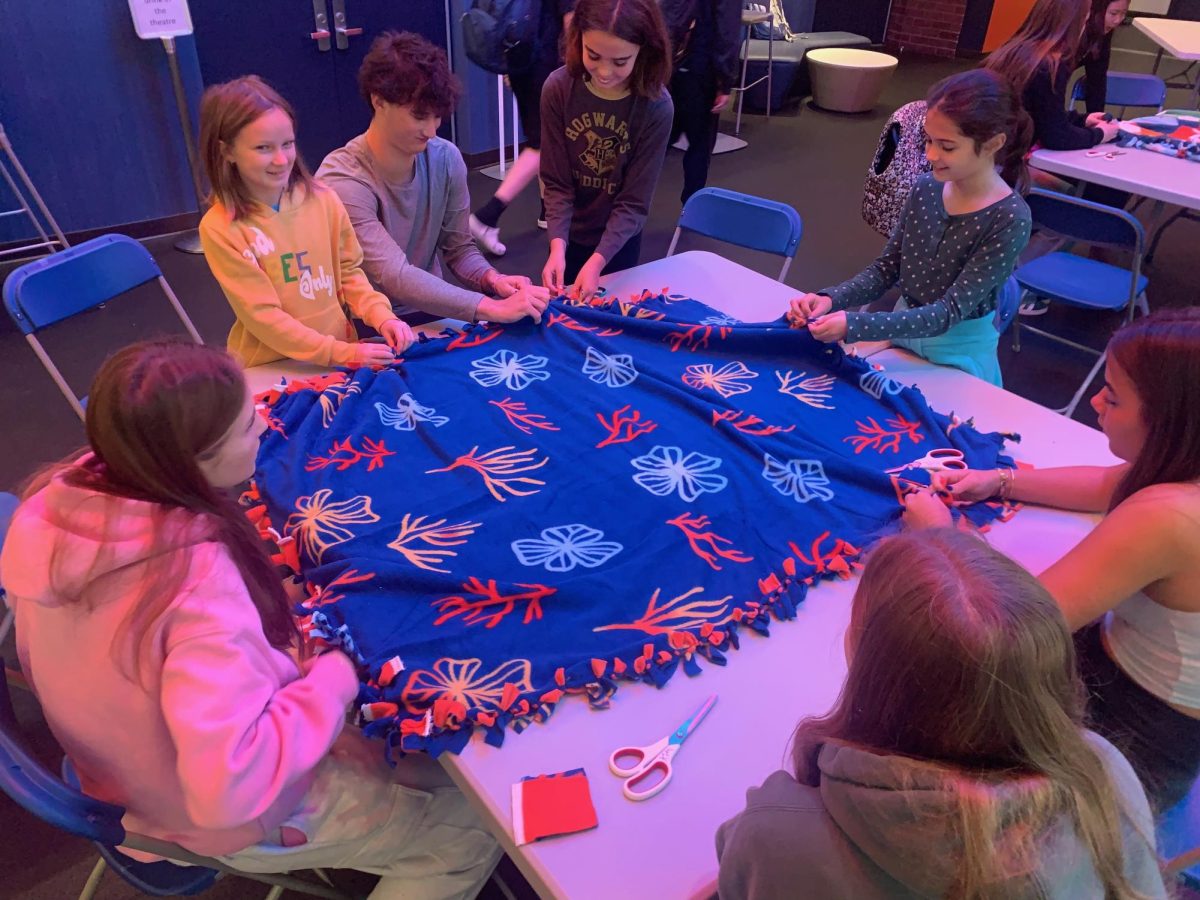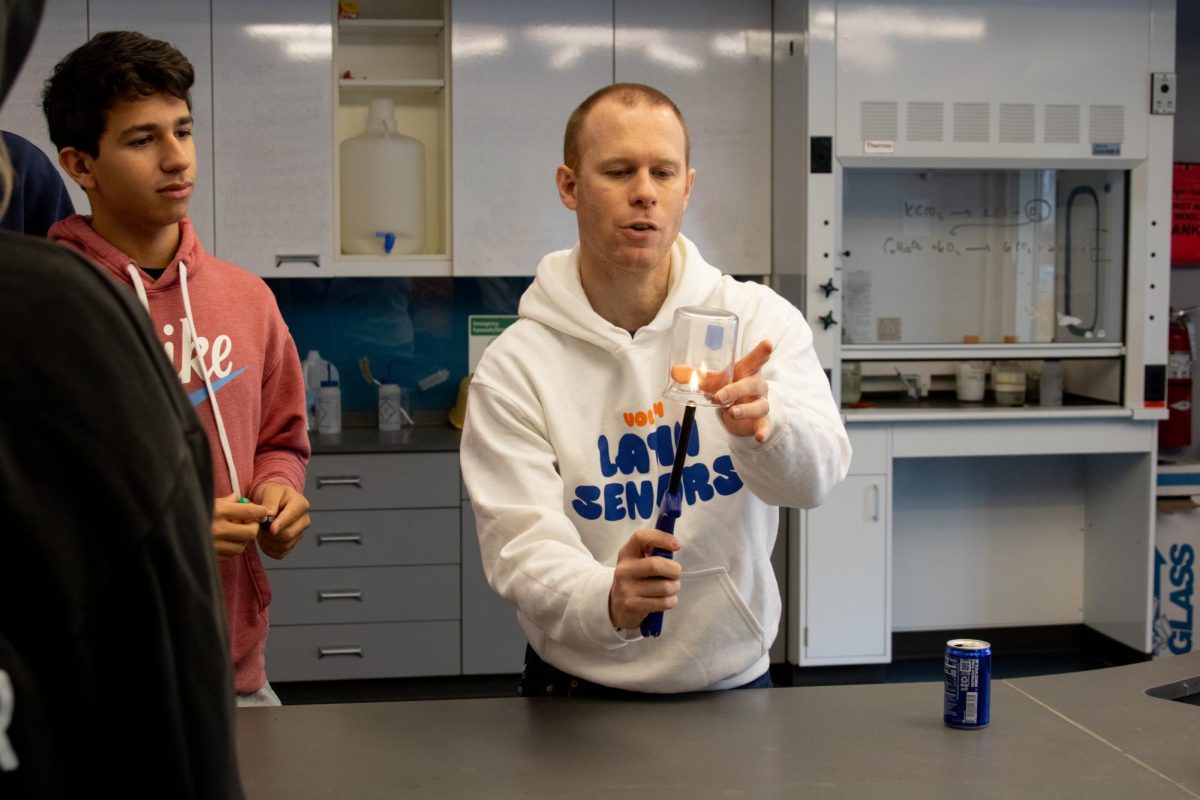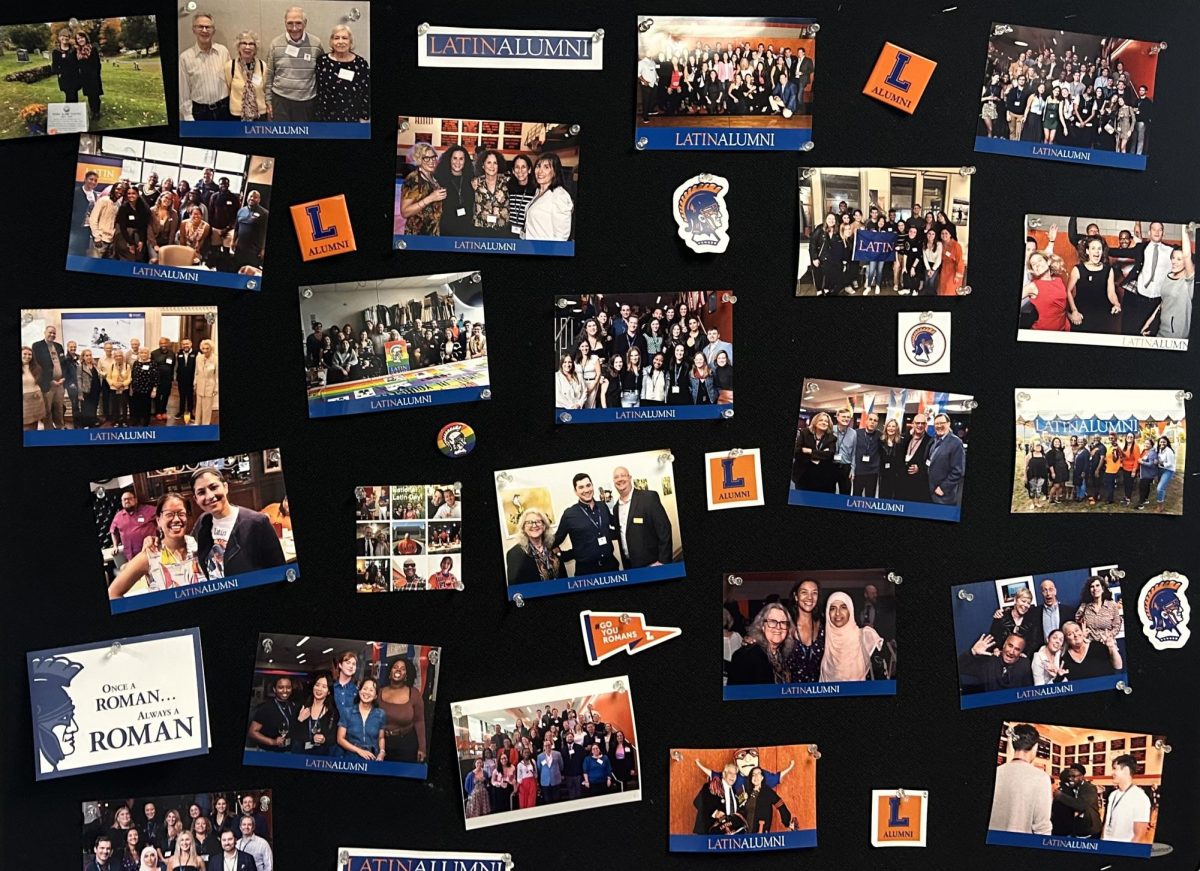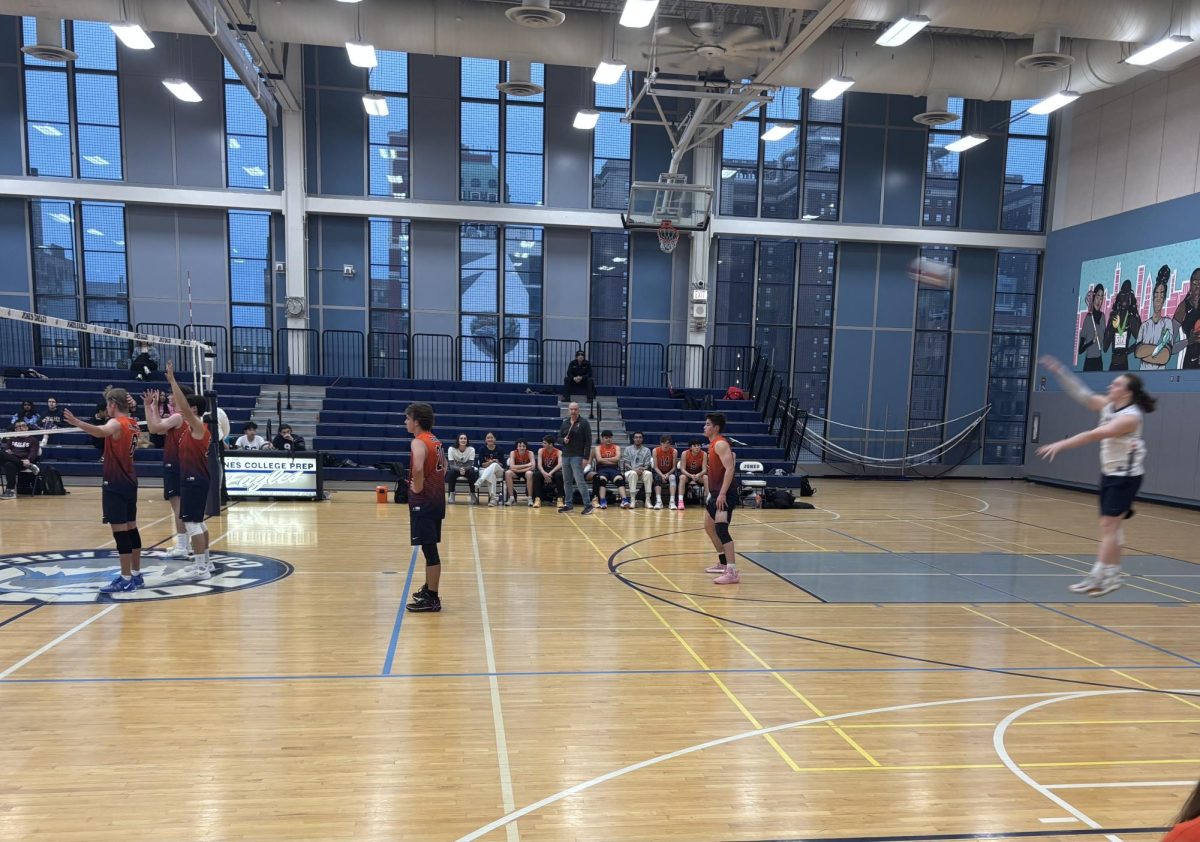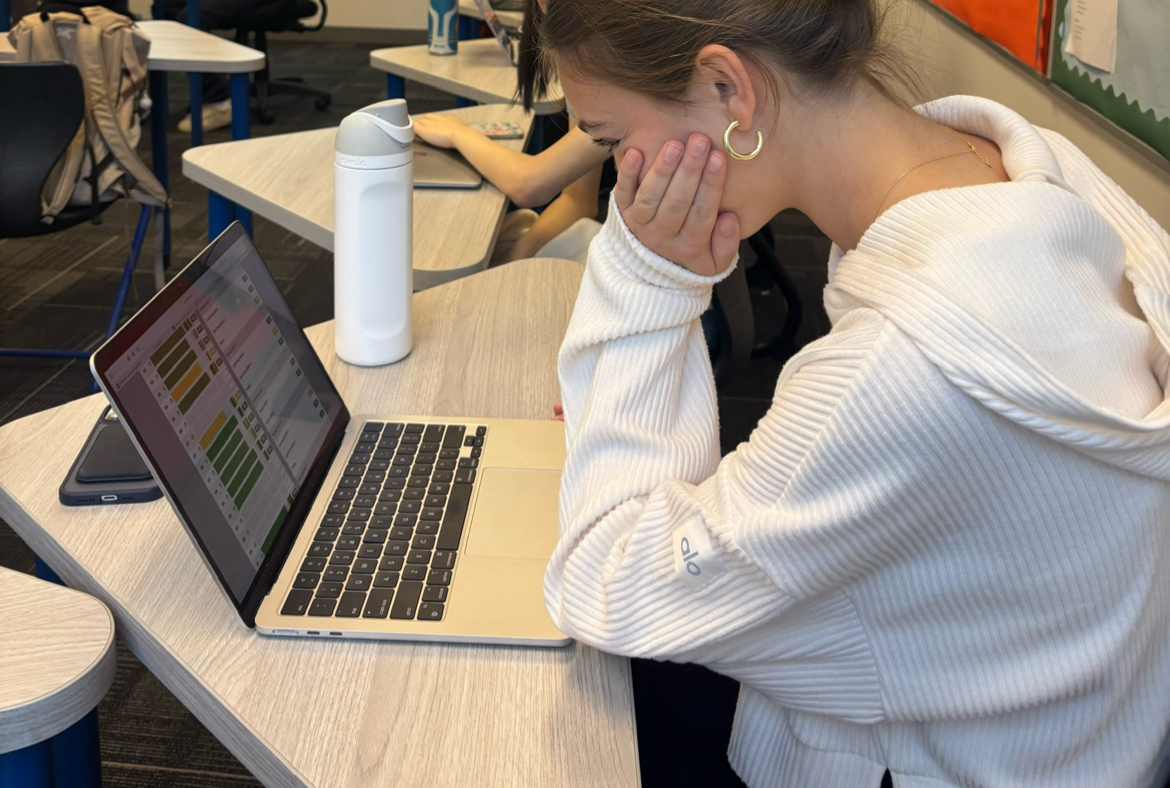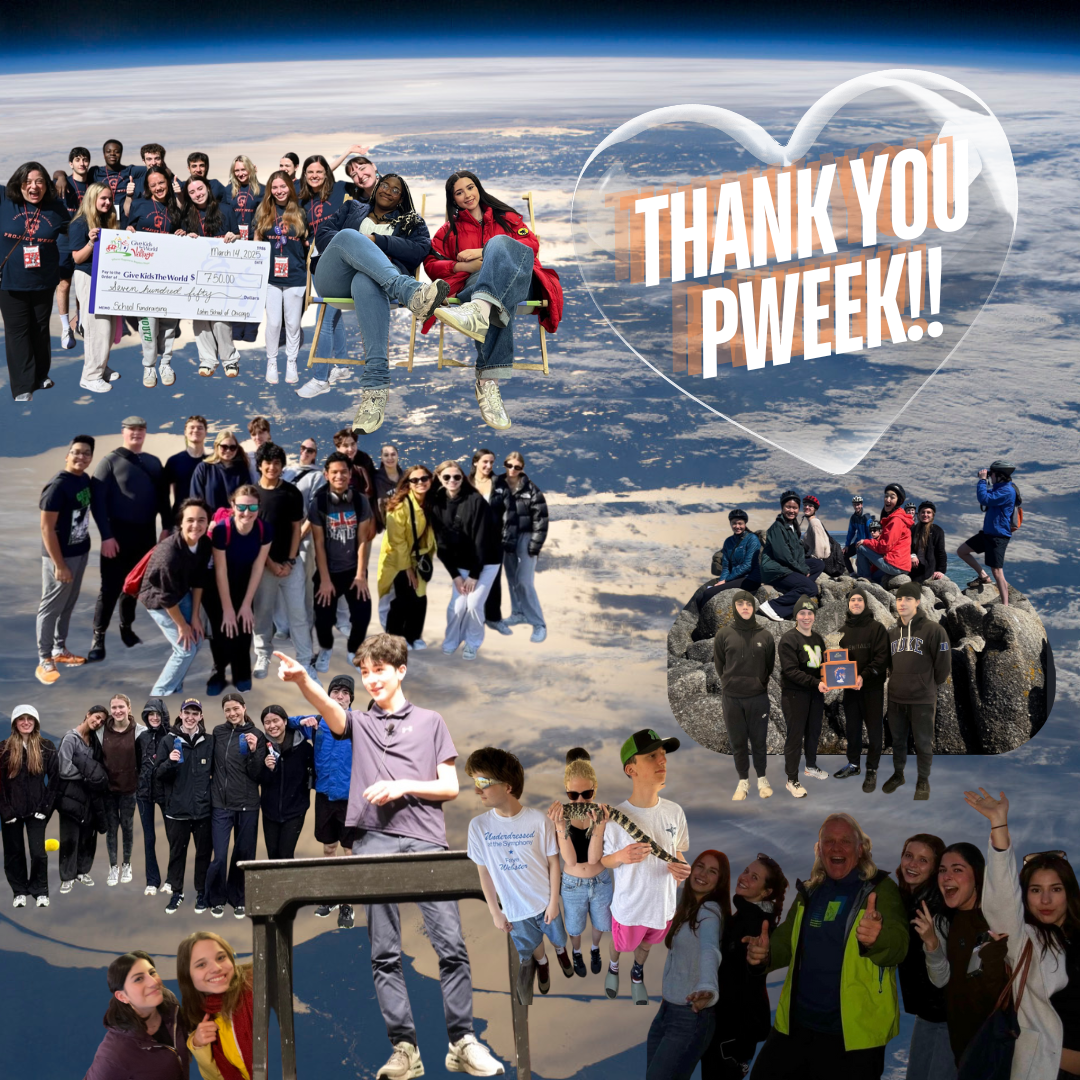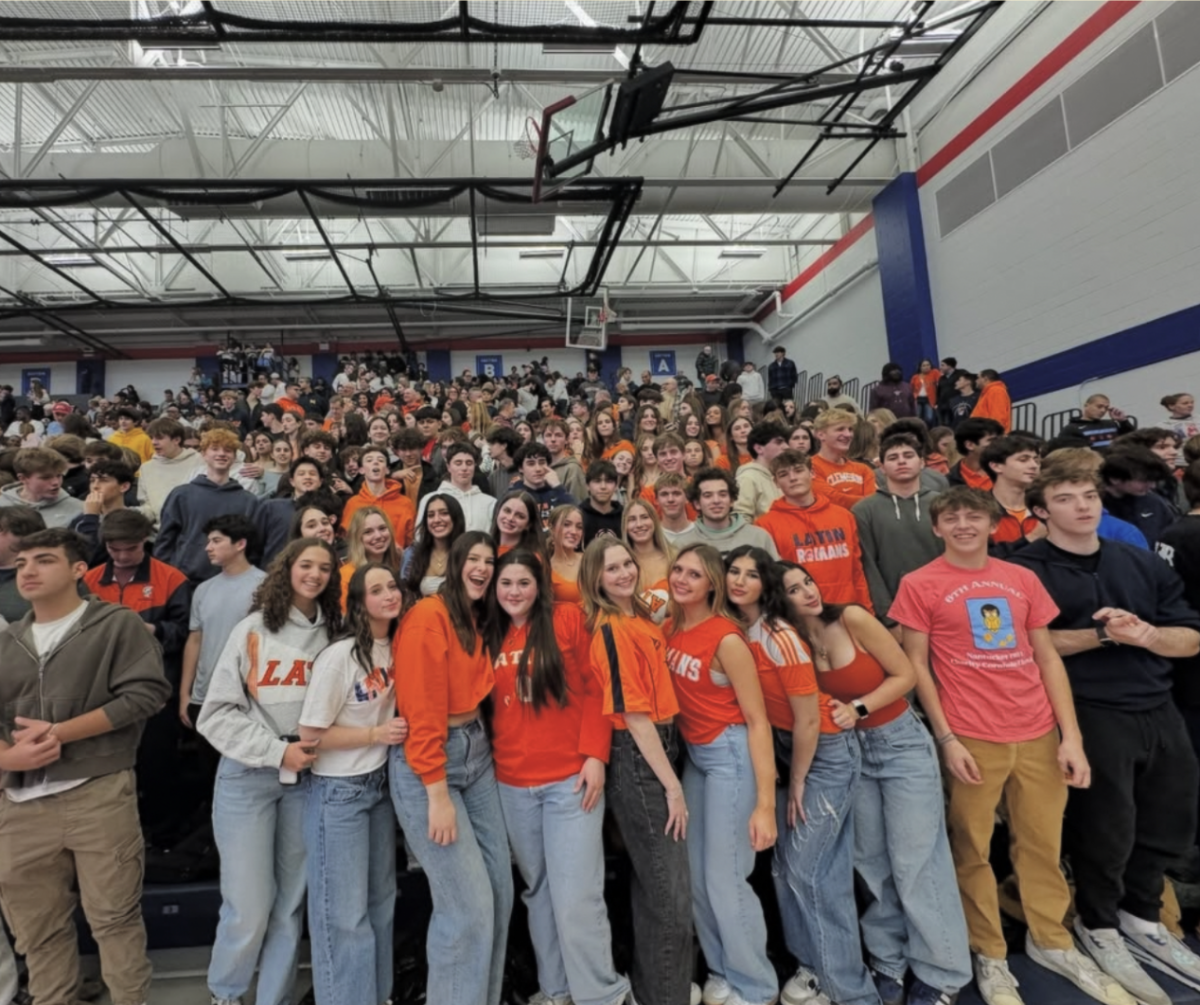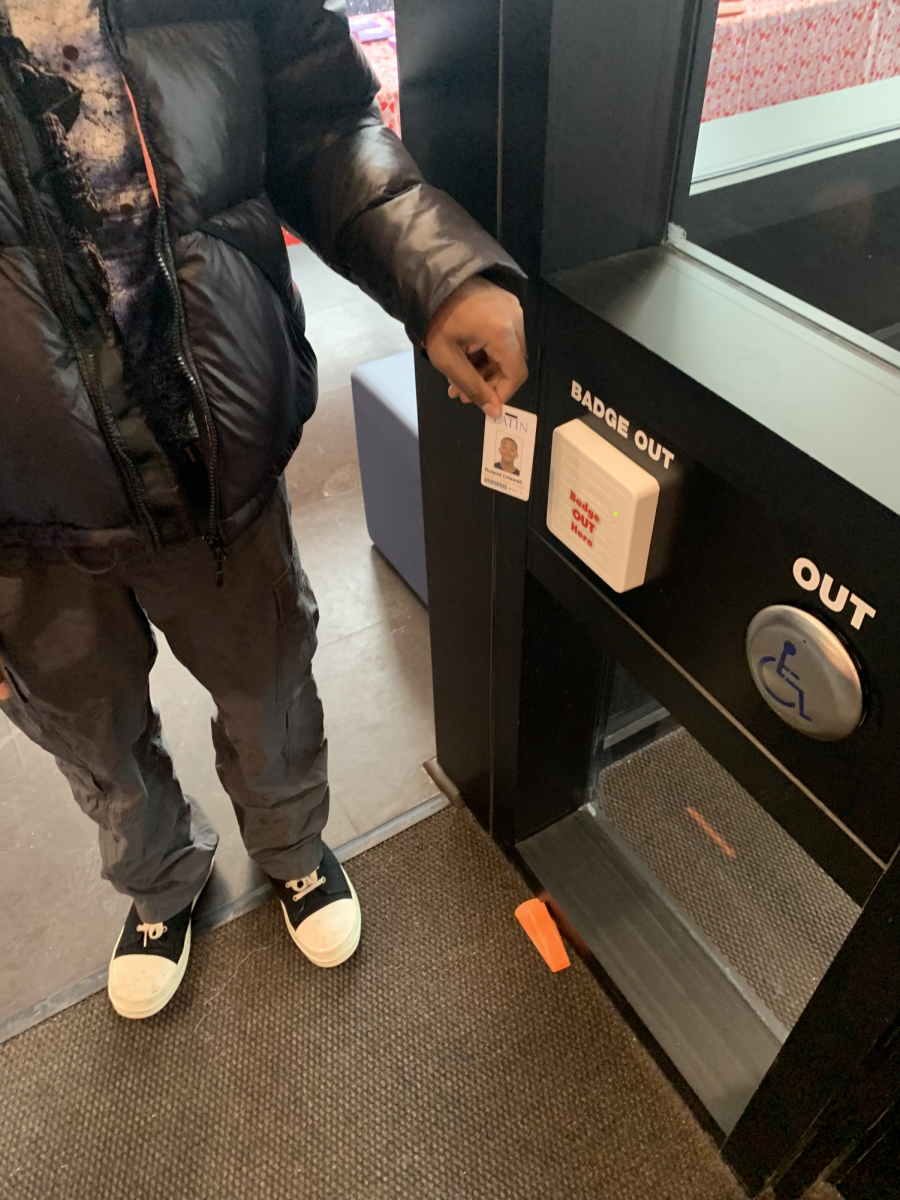It’s 2030, and in a U.S. history class, juniors studying the Industrial Era are at work in a classroom that resembles an immersive, hands-on museum. One boy sits at his desk, deep in conversation with a virtual Eli Whitney, discussing the cotton-gin inventor’s views on the impact of mass production. A group of girls in the corner plays what looks like a game of Minecraft but is really a simulation of U.S. foreign policy aides advising the President on negotiations with European imperial powers. Two students in the back take personalized tests designed to challenge them on concepts they still need to master. A relaxed and well-rested teacher beams cheerfully as she patiently catches a student up on material he missed the day before when he left class early for his soccer game. This is a Latin School that has embraced AI.
It has been two-and-a-half years since ChatGPT launched, and artificial intelligence is becoming increasingly ubiquitous in all aspects of life with each passing day. Despite AI’s vast usage and lightning-fast spread across the country, schools have struggled to determine if, and how, AI should be incorporated into the classroom. If a school like Latin prides itself on its creative and cutting-edge education but ignores AI’s importance, it will do so at students' peril. AI has become a critical tool that the Latin community must embrace, albeit with some caution.
Despite various challenges associated with using AI in the classroom, AI is here to stay. Already, in a study conducted by Impact Research in March of 2023, 33% of students aged 12-17 (including 47% of students aged 12-14) have admitted to using AI for schoolwork in some capacity. Even at the college level, AI isn’t new. The idea dates back to the 1950s and has been used to analyze data ever since. What is new is “generative AI,” or AI that produces new content, broadening its use on college campuses from its predictive capabilities and data collection.
Higher education has already begun to embrace AI, using it as a powerful engine to streamline administrative tasks, personalize the student education experience, and enhance research support. Around 100 universities now offer some sort of credential in AI, meeting the demand for a skillset that has increasing value in today’s job market. Prompt-engineering classes are popping up at colleges around the country as students are being taught the importance of effective prompts to achieve more productive outputs. AI is gaining steam in the professional world as well, performing tasks such as assisting doctors with diagnosis and treatment plans, automating monotonous tasks like data entry, and even conducting market research. Thus, secondary schools have an obligation to their students to best train them for using AI in college and beyond.
Incorporating AI into the Latin curriculum does more than just prepare students; it can help teachers as well. Teachers can use AI to reduce non-essential, time-consuming administrative tasks, such as grading, attendance tracking, and scheduling, leaving more time for creating lesson plans and meeting with students. Functioning like a teaching assistant, AI can create initial drafts of lesson plans or help teachers generate creative ways to teach course content. Additionally, AI can be used to personalize or individualize teaching, allowing for students to learn at varying rates or to offer assessments that can be adjusted in real time, ensuring an optimal level of challenge for each student. It can detect patterns in student learning that can help the teacher identify where a student thrives or struggles. For visual learners, AI can turn concepts into graphics or lessons into video games to provide additional tools for student engagement.
Students, of course, have already started to use AI, and not always in ethical ways. In 2024, 10% of papers turned into Turnitin were found to have at least 20% AI-generated content. Educators are rightfully concerned about AI enabling plagiarism, as well as students’ increasing reliance on AI. Teachers, however, have numerous strategies at their disposal to alleviate these concerns. They might consider adding more in-class, oral, or handwritten assignments. Another approach could incorporate more performance-based tasks to assess understanding or formative assessments that demonstrate progress over time. AI already offers various resources for teachers in this regard, and more are sure to evolve. When physical assessments just aren’t possible, an excellent detection strategy teachers can use is inserting a “Trojan Horse”—a hidden word or phrase—into their assignment to see whether a student pasted the prompt into an AI tool by scanning the submitted work for this invisible tip-off.
Change is hard, but Latin should surely be up to the task.
Latin could consider multiple avenues for best folding AI into its curriculum. First and foremost, teachers and administrators must be educated on AI’s strengths and weaknesses and how to best use the tool in the classroom, potentially through a mandatory training seminar. Ninth graders could have a similar AI course, possibly taught as part of the mandatory wellness curriculum. Then, throughout the four years of high school, each class could incorporate AI into its curriculum to better prepare students for adulthood. Latin could even pilot its use in a few selected courses first to enable teachers to carefully evaluate the potential uses for AI. While the idea may cause trepidation at first, ignoring the ever-growing prominence of AI will just lead to misuse.
AI isn’t going anywhere, and if we don’t learn how to use it to our advantage, we won’t be going places, either.
Categories:
Student Essentials—Reading, Writing, Arithmetic, and AI
Students and teachers effectively integrate AI in classrooms.
0
About the Contributors

Mia Kotler, Editor-in-Chief
Mia Kotler (’25) is thrilled to be one of the Editors-in-Chief for The Forum this year. She is a passionate writer who enjoys expressing her views and learning about issues of interest to the Latin community. Away from school, Mia is an avid runner who also enjoys skiing, reading, and spending time with family and friends.

Ben Laytin, Staff Writer
Ben Laytin (’26) is a junior at Latin and is delighted to return to The Forum as a staff writer. He looks forward to writing about everything that’s happening at Latin in addition to writing about his own opinions. Outside of writing, he enjoys playing basketball, listening to music, and spending time with friends.
More to Discover



